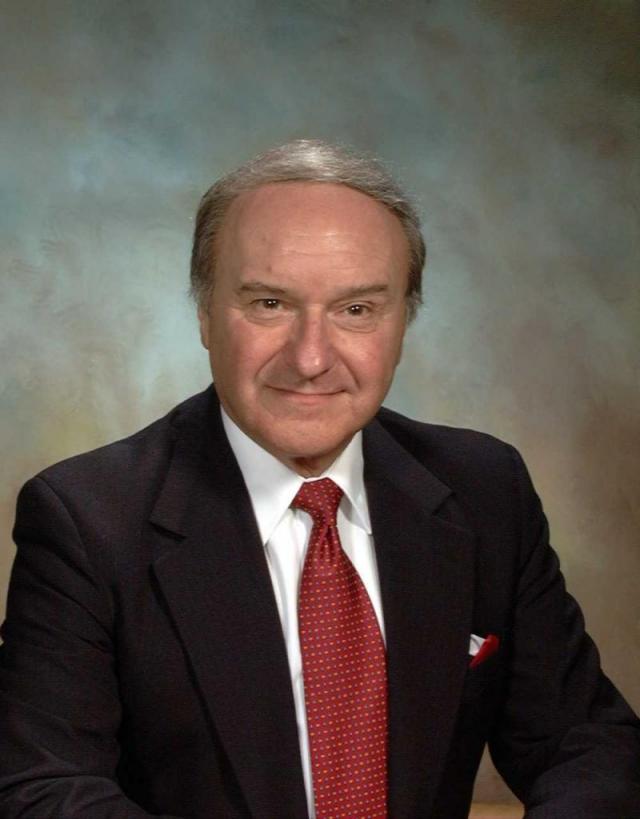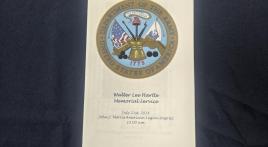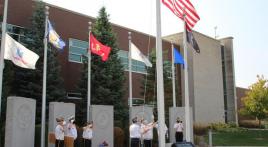Growing up in a Polish immigrant household in the 1940s where Polish was commonly spoken, little did I realize how useful it would become in my future.
My story begins in the mid-1970s, when glasnost signaled a possible crack in the Iron Curtain. In 1975 I was appointed by the White House to the Presidential Advisory Committee for Trade Negotiations to explore the possibilities of increasing U.S. trade with Central and Eastern European countries. A delegation of a congressman, the SBA administrator and I was sent to represent the president at the annual trade fair in Poznan, Poland. At its conclusion, we were invited by the Polish government to tour the country's major industrial sites for potential trade opportunities. The others had to return to Washington, so I was asked by the U.S. ambassador to take advantage of the offer, which came with a Mercedes and driver.
At locations along the way, I noticed a series of work stoppages, prolonged "coffee" or "second breakfast" breaks, power outages, unexplained fires and general public unrest. These were reactions to recently announced government price increases in vital food staples, which traditionally resulted in massive protests and riots. The gravity of the reaction was particularly noted on a return trip from the Gdansk-Gdynia port area on the Baltic Sea, where I noted three Russian warships monitoring developments and "keeping watch" over their "satellite state." When I lifted my camera to record the event, my driver lowered my arm, advising that we were being observed. At one point on the return trip, an unruly mob descended on our vehicle and started rocking it violently. My driver told me to say nothing in Polish and simply slap my American passport on the closed window. It was like magic, or even a blessing, that the mob backed away and allowed us safe passage.
The irony of this experience is that the transformation in Poland has been real and meaningful, to a full membership in NATO and one of our best allies. (When I made this "best ally" prediction in 1982 as a member of the Industrial College of the Armed Forces faculty, I was roundly booed as a "traitor," reflecting the prevailing attitude toward Poland at the time.) But now the American presence in Poland plays a key role as NATO's northern flank in safeguarding the West against Kremlin hostilities such as the attack on Ukraine. Without this, the situation would have become dire. This has been exciting to watch for an old Cold War warrior.

Poland's path to NATO, through my eyes
January 30, 2024
About the author:
Stanley Glod is a retired U.S. Army colonel who served during several presidential administrations in agencies dealing in international affairs. He is a graduate of the Georgetown University Law School and the National War College. He practiced law in Washington, D.C., and Virginia, and currently resides in Triangle, Va., where he is a member of American Legion Post 28.



